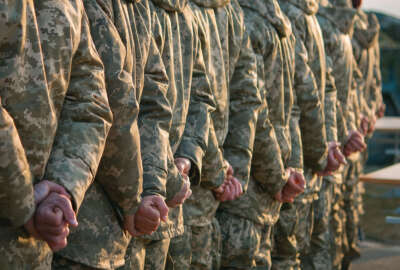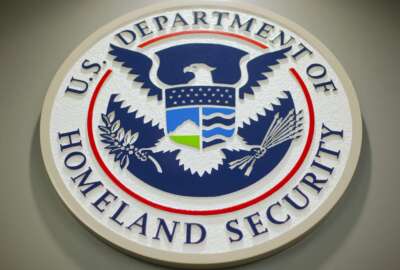Communications lessons learned from Gulf oil spill
The Gulf Coast oil spill is prompting many agencies to take a second -- and often a third -- look at how they handle communications in a crisis.
wfedstaff | June 3, 2015 4:49 pm
From “Gulf spill prompts new approach to crisis management” by Max Cacas on FederalNewsRadio.com:
“The Gulf Coast oil spill is prompting many agencies to take a second — and often a third — look at how they handle communications in a crisis.
“Michele Jacobi, a scientist with the National Oceanic and Atmospheric Administration’s Office of Response and Restoration, said she first got wind of the spill on the evening of April 18.
“Her group responded within hours of the first word of trouble on the BP oil rig, Jacobi said during a panel discussion on the Gulf oil spill last week at a lunch sponsored by the AFFIRM in Washington.
“Capt. James Cash, deputy commandant for operations with the chief information officer of the Coast Guard, said one lesson they learned right away was the need to put aside a time-honored tradition of documenting the spreading oil spill on spreadsheets.
“Cash said that with as many 20,000 people participating in the recovery efforts from the spill, with 1,000 boats of all kinds participating, and more than 100 aircraft, they quickly realized the limitations of trying to manage those resources with spreadsheets.
“Cash said the spill presented numerous unique challenges to those managing the crisis, including those that often had unexpected technical solutions.
“Usually, vessels participating in a large-scale cleanup would be fitted with automatic identification systems (AIS), but that turned out not to be practical in this situation, Cash said.
“Instead of using the Coast Guard’s AIS, the cleanup team turned to industry, and commercial Geospatial Positioning System (GPS) units used for shipping logistics. In turn, these units created a need by Jacobi’s group to adapt a database system developed by her agency to help the Coast Guard manage the crisis and accept data from the commercial GPS units.
“The oil spill was the first crisis to unfold at a time under the mandates of President Obama’s Open Government Initiative to create as much transparency in government as possible.
“To that end, Jeffrey Levy, director of web communications with the Environmental Protection Agency, said his team signed a terms of service agreement with a company named Socrata that would take oil spill information from the Gulf and post it online.
“Socrata let users download information in Web formats XML and HTML, as RSS feeds, and also in geospatial data formats, Levy said.
“Cash said he looks forward to the day when he can turn volunteers with smartphones at future crisis situations into walking sensors. He said he hopes to send specially programmed apps that will readily gather information, capture still photos and videos, and, possibly, gather important information that can be used to mitigate the crisis.”
I played highlights from the event on the show today.
Copyright © 2025 Federal News Network. All rights reserved. This website is not intended for users located within the European Economic Area.





